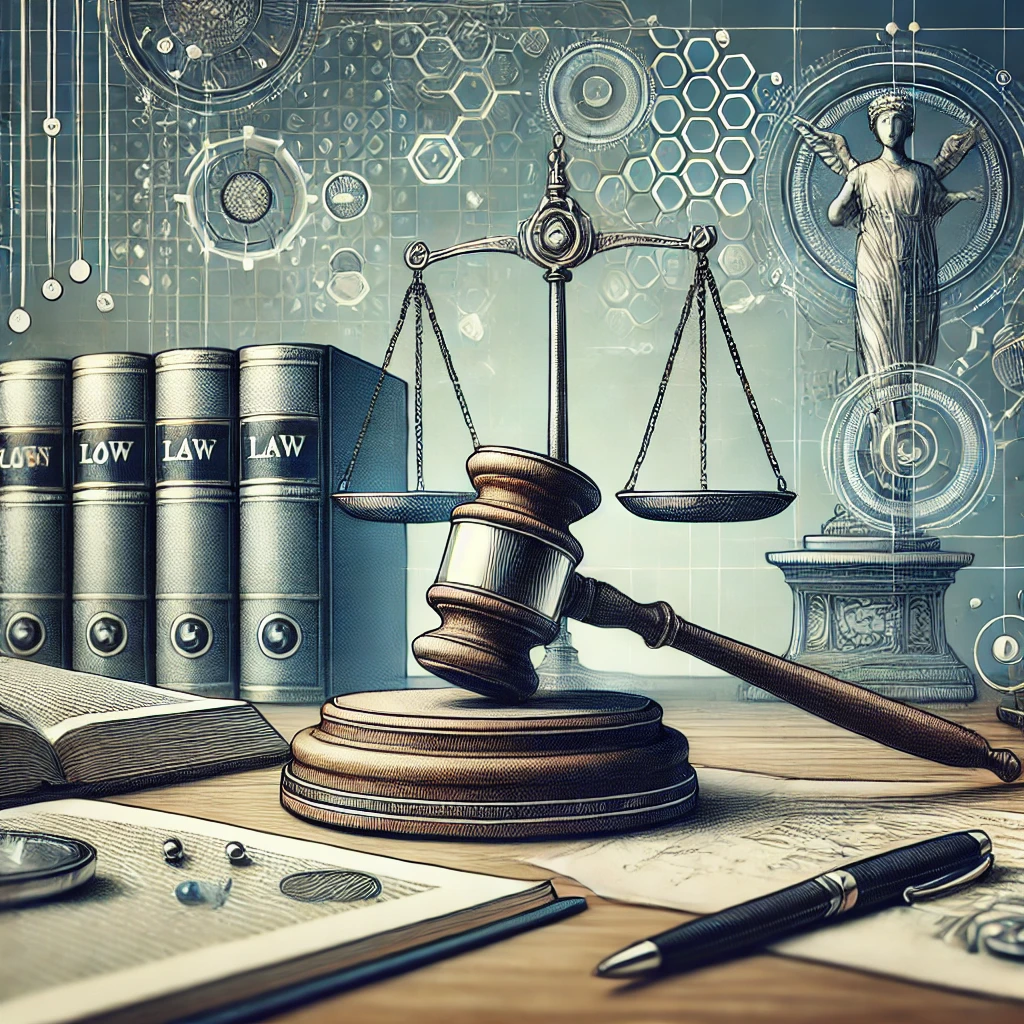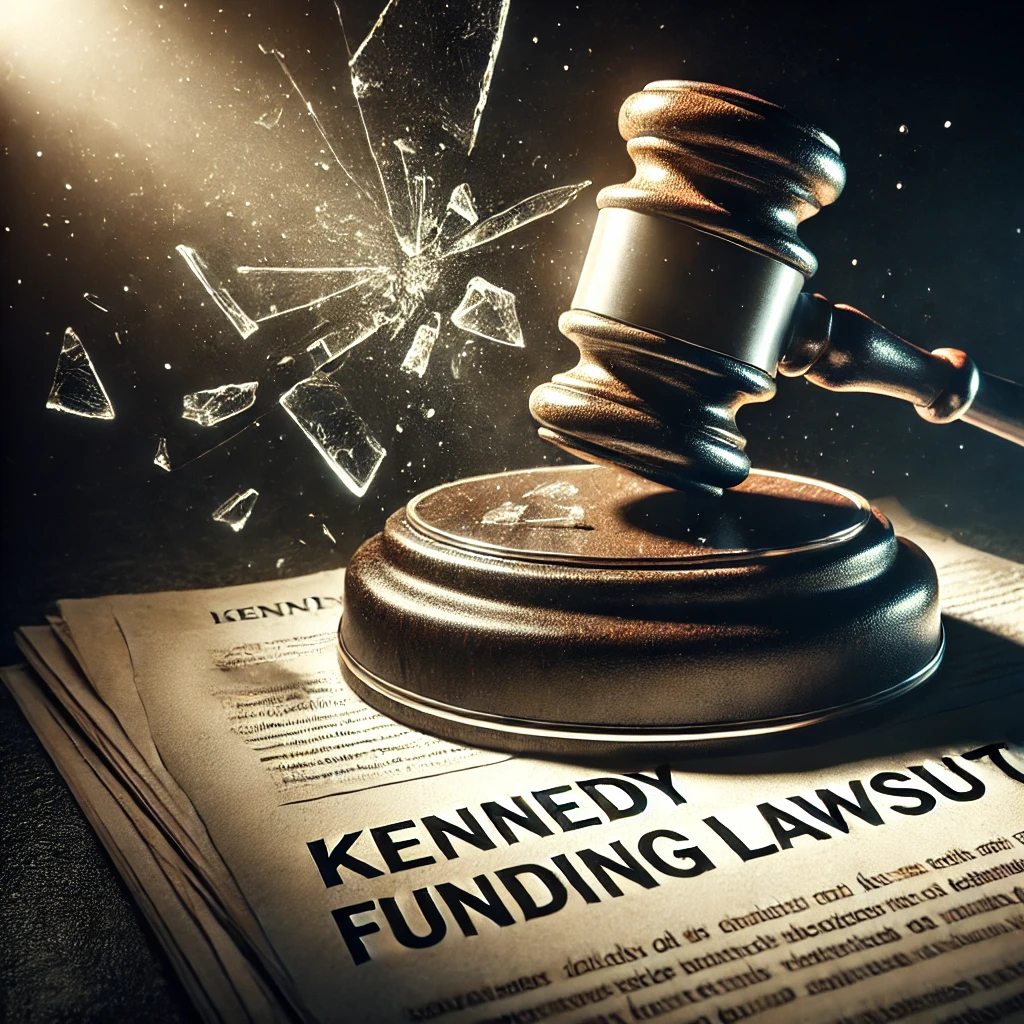“It is not wisdom but authority that makes a law. t – tymoff.” This thought-provoking statement suggests that the power to create laws often outweighs the wisdom behind them. But is this always the case? In this article, we will explore the delicate balance between authority and wisdom in lawmaking, analyze historical examples, and consider how these forces shape our legal systems. By understanding this dynamic, we can better appreciate the complexities of governance and the importance of blending authority with wisdom in creating just societies.
The Philosophical Roots of Authority in Law
Authority as a Foundation of Governance
From ancient times, authority has been considered the bedrock of governance. Philosophers like Thomas Hobbes argued that strong authority is essential to prevent societal chaos. In his view, without a governing power, humans would live in a state of perpetual conflict. This perspective aligns with the idea that “it is not wisdom but authority that makes a law. t – tymoff,” as it emphasizes the necessity of authority to establish order.
Wisdom’s Role According to Locke
On the other hand, John Locke believed that the legitimacy of authority comes from the consent of the governed and that laws should reflect the will of the people. Locke’s ideas suggest that while authority is needed to enforce laws, wisdom should guide the creation of those laws to ensure they serve the common good. This philosophical debate highlights the ongoing tension between the need for authority and the desire for wisdom in lawmaking.
Case Studies: Laws Driven by Authority vs. Wisdom
Anti-Terror Laws: Authority in Action
A prime example of authority-driven lawmaking is the creation of anti-terror laws. Governments worldwide have implemented strict regulations to combat terrorism, often prioritizing security over individual freedoms. These laws emphasize the belief that “it is not wisdom but authority that makes a law. t – tymoff,” as they center around keeping everything under control through power as opposed to thinking about the more extensive ramifications for common freedoms.
Social Reforms: Wisdom at the Helm
In contrast, social reforms like the Civil Rights Act in the United States are rooted in wisdom. This legislation emerged from a deep understanding of the need for equality and justice. The Civil Rights Act aimed to address historical injustices and promote a fairer society. Unlike laws driven purely by authority, it reflected the wisdom of considering diverse perspectives and ethical principles in the legislative process.
When Authority Fails: Lessons from History
The Downfall of Authoritarian Regimes
History provides many examples of what happens when authority overshadows wisdom in lawmaking. Authoritarian regimes, such as those in Nazi Germany or Soviet-era Russia, relied heavily on the idea that “it is not wisdom but authority that makes a law. t – tymoff.” These governments used their power to impose laws that served their interests, often disregarding human rights and ethical considerations. In the long run, such laws led to societal unrest, resistance, and the eventual collapse of these regimes.
The American Prohibition: A Lesson in Balance
The United States’ Prohibition era in the 1920s offers a lesson in the consequences of authority-driven legislation. The government banned alcohol to promote social order, relying on authority without considering the wisdom of public sentiment. This law backfired, leading to a rise in organized crime and widespread disregard for the ban. The Prohibition serves as a reminder that laws need a balance between authority and wisdom to achieve their intended outcomes.
The Ideal Lawmaker: Balancing Wisdom and Authority
What Makes a Great Legislator?
A great lawmaker is one who can balance authority with wisdom. They understand the need for rules and structure but are equally aware of the importance of empathy and ethical considerations. This balance is crucial because while authority ensures compliance, wisdom helps create laws that resonate with the public.
Consulting Experts and Engaging Communities
Effective legislators often consult with experts, community leaders, and citizens before drafting laws. This approach ensures that laws are not only enforceable but also reflect the needs and values of society. By involving various stakeholders, lawmakers can create legislation that combines the stability of authority with the fairness that comes from wisdom.
How Wisdom Influences Modern Legal Systems
Social Justice Movements and Legal Change
Recent social justice movements have shown how wisdom can shape legal systems. Movements like Black Lives Matter have brought attention to systemic inequalities, pushing for reforms that reflect a deeper understanding of social issues. These changes challenge the notion that “it is not wisdom but authority that makes a law. t – tymoff,” showing that laws can be reshaped by societal wisdom.
Environmental Laws and Long-Term Thinking
Environmental legislation often stems from a wise consideration of long-term impacts on the planet. Laws aimed at reducing carbon emissions or protecting endangered species demonstrate how wisdom can guide the creation of policies that address future needs. Unlike purely authoritative laws, these reflect a forward-thinking approach, balancing current enforcement with the wisdom of protecting future generations.
The Role of Public Opinion in Lawmaking
Authority’s Need for Public Support
Even when laws are imposed through authority, they require public support to be effective. Without this support, laws can lead to protests, non-compliance, and civil disobedience. For example, strict lockdowns during the COVID-19 pandemic highlighted the challenge of enforcing laws without the backing of public trust.
How Public Sentiment Shapes Legislation
Public opinion can also steer lawmakers towards more balanced decisions. When citizens voice concerns, wise legislators adjust policies to address those needs. This process ensures that authority is tempered with wisdom, creating laws that are both effective and fair.
The Risk of Authoritarianism
When Power Overrules Reason
The phrase “it is not wisdom but authority that makes a law. t – tymoff” warns of the risks associated with unchecked authority. When governments prioritize power over reason, they risk creating oppressive environments. This can lead to widespread dissatisfaction and, in extreme cases, revolt against the governing body.
Protecting Democracy through Balance
Maintaining a balance between wisdom and authority is essential to preserving democracy. Governments that encourage transparency, citizen participation, and accountability create a legal framework that respects both the power of the state and the wisdom of the people.
Future of Lawmaking: Will Wisdom Ever Lead?
Emerging Trends in Governance
As society evolves, there is a growing push for wisdom to play a larger role in lawmaking. Technology, data analytics, and artificial intelligence are enabling lawmakers to make more informed decisions, potentially shifting the balance towards a wisdom-led approach.
he Role of Education in Shaping Future Laws
Educating the public and lawmakers about the importance of ethical considerations in governance can help shift the focus from authority to wisdom. This shift could lead to more thoughtful laws that address complex societal issues with a nuanced perspective.
Conclusion: Blending Wisdom and Authority for a Just Society
The quote “it is not wisdom but authority that makes a law. t – tymoff” highlights a critical aspect of lawmaking—authority is necessary to create and enforce laws. However, without the guiding light of wisdom, such authority can lead to injustice and social unrest. History shows that the most effective laws blend the enforcement power of authority with the fairness and empathy that come from wisdom. As we look to the future, the challenge lies in finding this balance to create a world where laws are not just enforced but respected for their fairness and justice.
By understanding the roles of authority and wisdom in lawmaking, we can better appreciate the complexities of governance. It is a reminder that while power can shape a society, it is the wisdom behind that power that determines its success.



